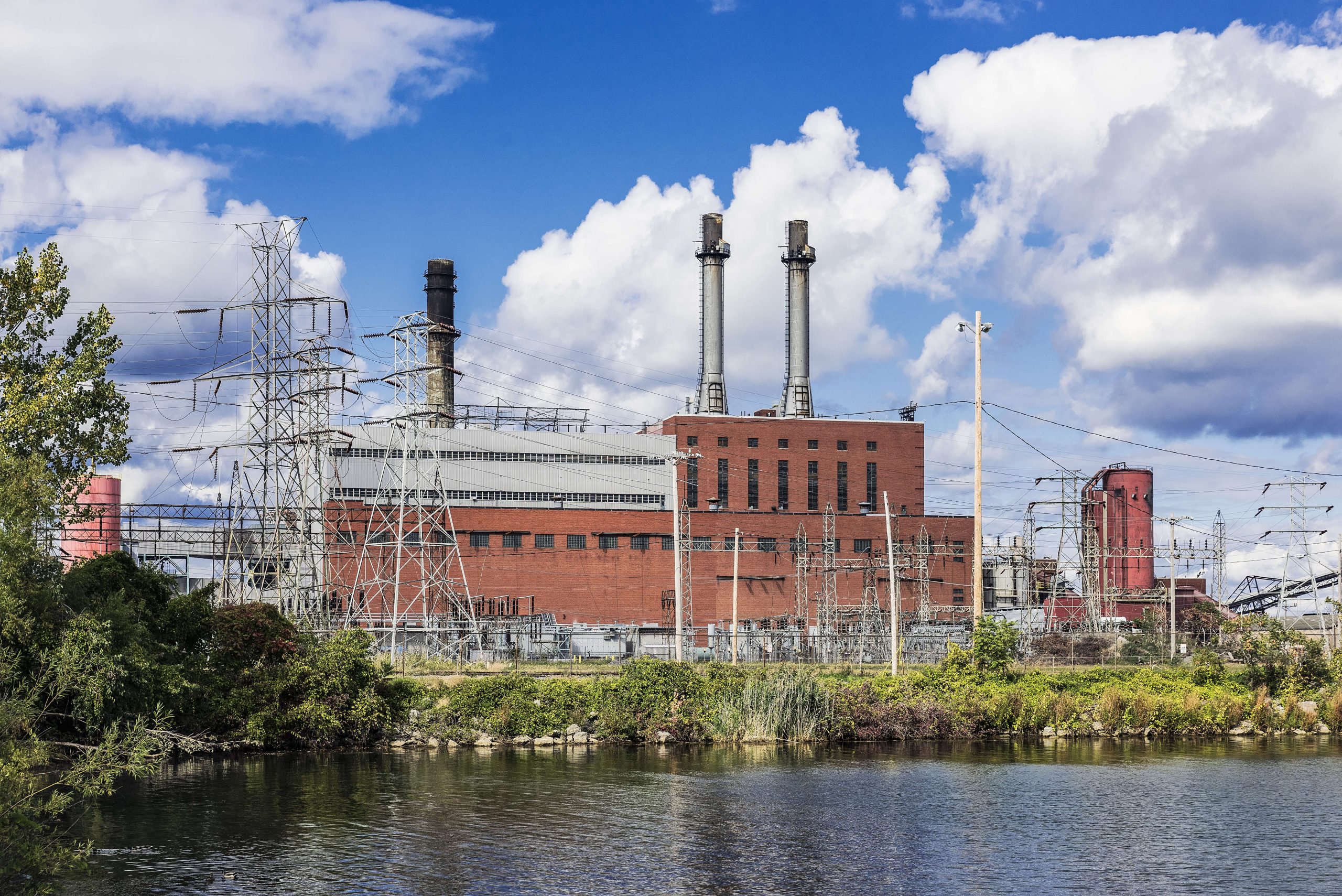Coal is among the most polluting fuels that nations around the world use regularly to create electricity. It's especially bad in terms of carbon dioxide (CO2) emissions, and in order to slow climate change, we'll need to retire coal plants sooner rather than later.
Many have argued that, rather than retiring coal plants completely, they should be altered to burn natural gas if possible. Natural gas emits less than half the amount of carbon dioxide that coal does when it's burned, and it also emits fewer nitrogen oxides and less sulfur dioxide, pollutants that are harmful to human health. Natural gas is also dispatchable; unlike with renewables, we don't have to wait for the sun or the wind to appear to start generating electricity.
But using natural gas comes with less-obvious costs. Natural gas itself is mostly methane (CH4), which is an extremely potent greenhouse gas before it's combusted, although its lifetime in the atmosphere is much shorter than CO2. Numerous recent reports show that natural gas operations leak an uncertain amount of that methane—making it difficult to determine whether replacing coal with natural gas is actually better, at least in the short term, when lifecycle analyses of both fuels are compared.
A group of researchers from Japan, France, Germany, Norway, and the United Kingdom just published a paper in Nature Climate Change that tries to make such an assessment. After all, it's important to know whether replacing coal with gas is actually making any climate impact at all.
In every long-term scenario, switching coal for natural gas is better
The researchers looked not only at CO2 emissions but also at a host of other emissions, including nitrogen oxides and sulfur oxides. This is important because coal-burning releases more short-lived sulfur oxides than natural gas, which can actually have cooling effects on the climate. But that doesn't tell the whole story: sulfur oxides are bad for human health and cause acid rain. Most coal plants around the world are required to have sulfur-oxide-mitigating technology on them.
To calculate the impact of both fuels, the researchers extrapolated from a number of representative coal plants in several countries around the world, including the United States, China, and India. They applied emissions profiles from these plants to several different pre-established formulas for calculating global warming potential and temperature effect at 20 and 100 years into the future. They also stress-tested their results by accounting for more and less natural gas leakage, from the best- to the worst-case scenario available in recent literature (leakage rates are difficult to accurately assess, depending on whether measurements are conducted top-down or bottom-up. A "worst-case scenario" used by this study leans on the facts that were presented in this 2018 article).
Ultimately the paper concludes that, in every long-term scenario, the coal-to-gas shift reduces "long-term climate impacts under a broad range of CH4 leakage rates at any emission or impact region." In most short-term scenarios, the finding was the same. However as would be expected, for short-term (20-year) scenarios, the impact of CO2 was less-pronounced, and other emissions mattered more in the final accounting of global warming effects.
Leaking methane still a problem for some scenarios
There were some scenarios in which leaking methane makes the climate impact of natural gas eclipse or nearly eclipse coal. If leakage rates are assumed to be on the high side in China, the coal-to-gas shift for that region is a wash for the climate in a 100-year scenario: greenhouse gas emissions will be high whether coal or natural gas is burning.
Additionally, in a short-term, 20-year scenario, high methane-leakage rates caused natural gas to have more of a climate impact than coal in China, Germany, the United States, and India. But as long as methane leakage was assumed to continue at a low-to-moderate rate, changing coal plants to natural gas plants was still better from a climate change perspective. (The benefits of air quality were not taken into account here.)
The researchers did note that their model couldn't account for all scenarios. Specifically, their model couldn't account for tipping points in which very high emissions in a short-term scenario cause global warming to spiral out of control. If CH4 leakage is high, there's a chance that such a tipping point could occur.
Of course, there's another problem with accepting a coal-to-gas shift, the authors admit. That is, new natural gas technology might commit power companies to burning fossil fuels for longer than is acceptable if we're serious about tackling climate change. "An expansion of natural gas may delay the deployment of less carbon-intensive technologies such as renewables, representing carbon lock-in from fossil fuel infrastructure, and thereby postponing the transition to a decarbonized society," the paper writes.
The results from this study should confirm that phasing out coal and replacing it with natural gas is better than doing nothing. Still, leaks from natural gas production must be brought under control, and pushing to replace coal and natural gas with cleaner sources of energy would be the best option.
Nature Climate Change, 2019. DOI: https://doi.org/10.1038/s41558-019-0457-1 (About DOIs).


